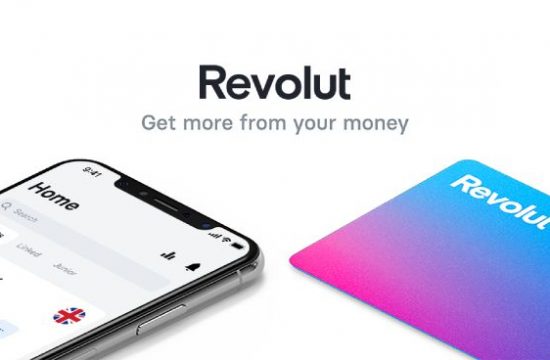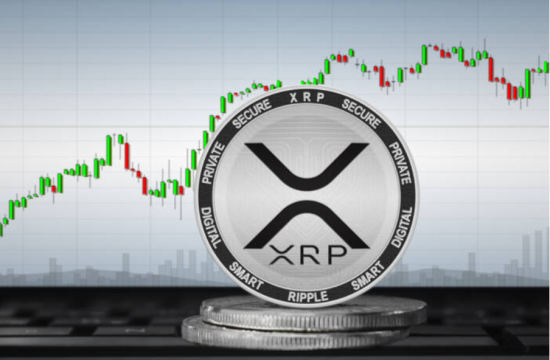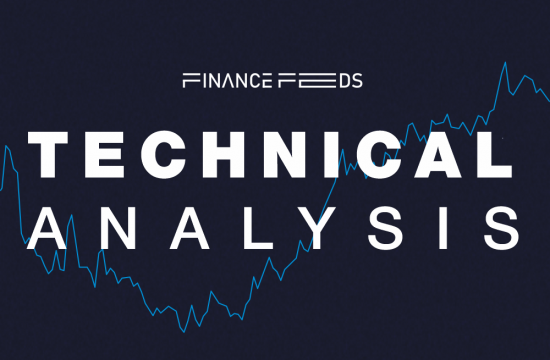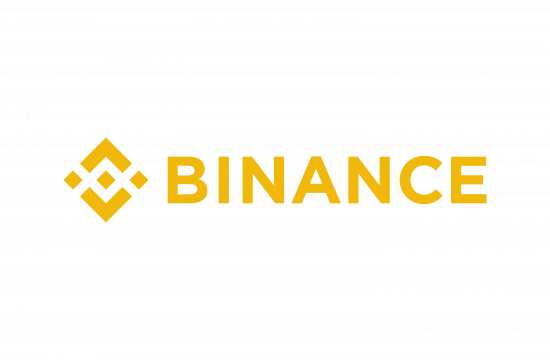 Dutch-based financial services firm Rabobank wants to implement blockchain initiatives in the food value chain to help improve transparency, food safety and changing business models, as well as initiatives in order to help them lower costs, increase efficiencies, offer sustainable products and explore opportunities for creating new value.
Dutch-based financial services firm Rabobank wants to implement blockchain initiatives in the food value chain to help improve transparency, food safety and changing business models, as well as initiatives in order to help them lower costs, increase efficiencies, offer sustainable products and explore opportunities for creating new value.
Key to reaping any of the benefits is a digitalisation of internal and external processes. “There are definitely benefits. But two prerequisites have to be met in order for blockchain to become successful. First, processes within companies, and between companies, have to become digitalised and standardised. Second, a broad participation of stakeholders along the value chain is required; otherwise the value of blockchain is lost”, Smit added.











